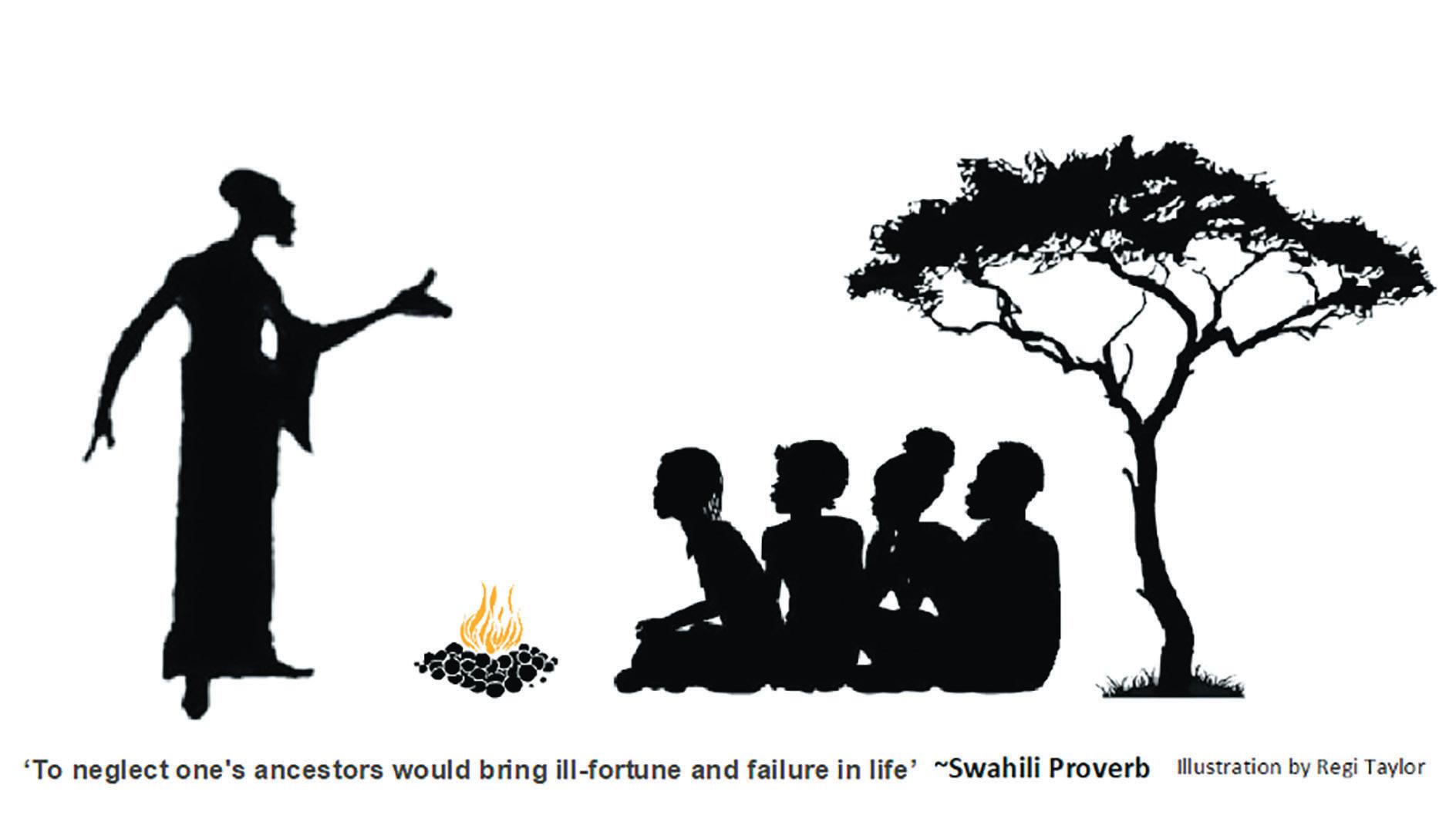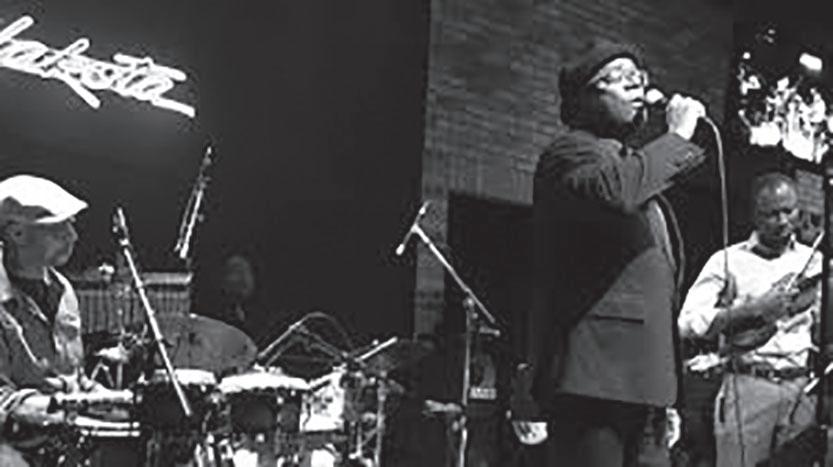
1 minute read
Changing communities through music, culture, and urban farming
By Pulane Choane, Contributing Writer
December 18th marked 157 years since 1865, when the 13th Amendment was officially adopted into the American constitution, thus abolishing slavery in all states of the country. Despite the strides made over the last century to dismantle segregation, the legacies of slavery continue to be a painful part of American history.
Advertisement
Movements like Black History Month which elevate the contributions of African Americans challenge and destroy supremacist narratives, supplanting the factual accounts of Black resistance and resilience – traits that force America to examine its failure to live up to its professed ideals of democracy and freedom and inalienable human rights.
African Americans found new ways of being, culture, and identity as we defeated centuries of slavery.
One of the spaces where Africans-Americans preserve culture is music, including referred to as Negro spirituals which historically were a type of religious folk song that the enslaved sang.
Chicago-based jazz vocalist, historian, educator, and urban farmer Bruce A. Henry, speaking on The Conversation with Al McFarlane, said through his study of the evolution of music over the last








